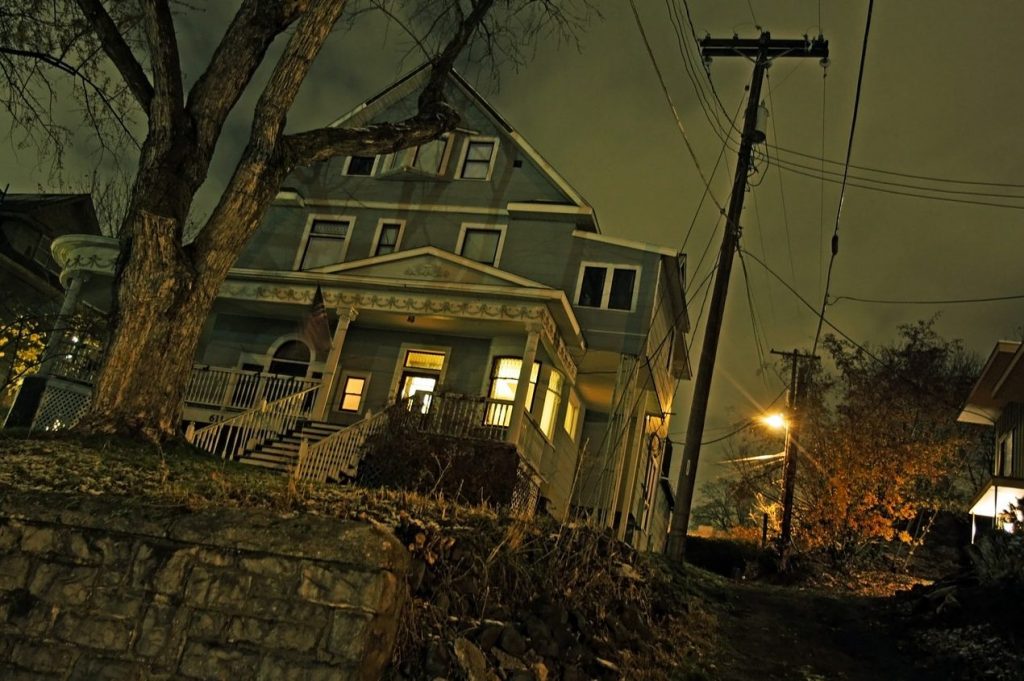My elderly mother passed away at home. We are now selling her home; do we have to disclose that she died in the property?
Simply put, you are not required to disclose her death to potential buyers.
Sellers are required to disclose certain defects to potential buyers, but a death occurring in a home is not a defect.
When a death occurs in a home, the property may be considered a “stigmatized property.” A stigmatized property is one that has an unfavourable quality that may make it less attractive to some buyers. That quality, though, is unrelated to the physical condition or features of the property.
As a seller, you are not required to disclose stigma to potential buyers. Stigmas are different from material latent defects, such as un-remediated hidden flood damage or mould, which sellers are required to disclose.
Some stigmas include:
- a suicide or death occurred in the property
- the property was the scene of a major crime
- the address of the property has the wrong numerals
- reports that the property is haunted
Potential buyers’ different values, perceptions, and backgrounds will affect the significance of a potential “stigma”. Some buyers won’t care about a death occurring in the property, while others may be completely put off by it.
Although you are not required to disclose stigma to potential buyers, because some buyers may have concerns about stigmas, those buyers can ask their real estate representative to ask your representative about possible stigmas. You don’t have to answer their questions, but if you choose to, you must do so honestly.
If you decide not to answer, a buyer has to decide if they are comfortable proceeding without an answer. Remember that not answering may turn the buyer off of your property more than simply responding honestly; it will depend on the specific buyer, their particular concerns, background, and perceptions.










